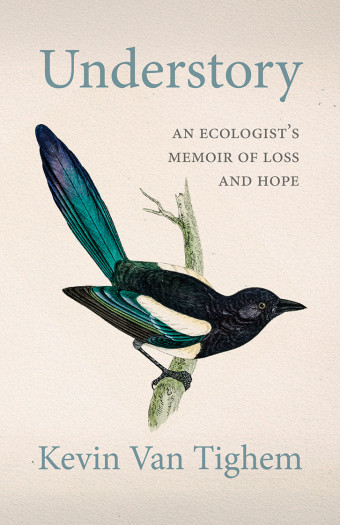A medical doctor, poet, and critic living in Guelph, Ontario, Shane Neilson has written the riveting memoir Saving: A Doctor’s Struggle to Help His Children, which describes the balancing act of being both a physician and a father while procuring treatment for his son, who developed epilepsy at the age of two, and for his daughter, who showed signs of severe depression at age 10.

- Saving
- Shane Neilson
- Great Plains Publications
- $25.95 Paperback, 224 pages
- ISBN: 978-17-73371-03-0
One might assume that as a physician, Neilson would have an easy passage through the ranks of medical professionals and hospital corridors, but his story presents the extenuating circumstances in his own trauma-ridden history that dispel the notion of, what he calls, “‘the happy story’ with a temporary illness that allows for a complete or near-complete return to function.”
Neilson instead tells of how some disabilities last for life, and go on to affect the lives of others. In addition to his son’s epilepsy and his daughter’s depression, this memoir explores the author’s childhood with an abusive father (whose “alcoholism, madness, and strangeness” led 10-year-old Shane to contemplate shooting himself), his later suicide attempt as a young father, and his ongoing mental illness.
“I wanted to tell an intergenerational story of enduring disability,” he says, and he succeeds, interweaving the family narratives to powerful effect.
Neilson was diagnosed as being on the autism spectrum in 2021. “This crystallized many of the previous experiences in my life,” he says. “With this lens providing an explanation for so much, I began to push back against the stigma and ableism that prevented me from even having the vocabulary to identify and describe my experience.”
Part of pushing back was to write of his experiences, and Neilson found they weren’t difficult to recall. “They are front of mind, and will probably remain so,” he says.
And the time for a full-length memoir had also arrived. “The long-form decision was deliberate, as I had long rued my previous non-fiction as episodic and unnecessarily fragmented,” he says. “I wanted to write a whole, cohesive book. The work was exponentially greater, as one would expect.”

With one memoir completed, Neilson expects that Saving will be followed by more works of non-fiction.
“My son is intellectually disabled, and I have written the beginnings of another memoir on our mutual non-neurotypicality, on how oppressed we are by normates due to non-reciprocal sociality,” he says.
While Saving may be more about how the author himself was saved than about how his children were, Neilson has helped and continues to help others.
He notes that his childhood history has had an influence on his work as a doctor. “Personal illness greatly informs my medical practice. At present, I predominantly provide mental health care to adolescents and young adults,” he says.
“Caring for my children as I have done kept them here, I think; and vice versa. As for my patients, I believe what many tell me – that they’ve longed for a doctor who is able to listen, who seems to care. Some have told me it saved their life.”













